Report on the Article
“Circularity: Companies Move Forward with Tests and Appeal to the EU”
Despite the current international context — marked by political and economic instability and a certain slowdown in the environmental agenda, especially after Donald Trump’s re-election and the rise of conservative governments — the Italian fashion sector continues to invest concretely in circularity and sustainability.
Now in its fifth edition, the Monitor for Circular Fashion is a strategic initiative promoted by SDA Bocconi to foster circular economy practices in the fashion industry.
The 2025/26 edition involved:
- 27 companies from the fashion and technology sectors
- 123,000 employees involved
- €34 billion in total turnover (2023)
- Participation of UNIC, the Italian Tanners’ Association (€4.3 billion in turnover)
The main objectives of the Monitor are:
- Encourage collaboration among producers, retailers, and service providers.
- Implement eco-design in real products.
- Define and test specific KPIs to measure circularity.
- Promote circular services (repair, reuse, recycling).
- Create reliable quality certifications.
Six concrete projects have been launched, some of which have already been industrialized, while others are in the pilot phase.
These projects cover different stages of the value chain and represent a tangible step toward implementing the principles of the circular economy.
The participating companies have signed a joint document addressed to European institutions, in view of:
- The implementation of the Delegated Act for the Ecodesign Regulation
- The revision of the CSRD and CSDDD directives (Omnibus Package)
The main requests from companies:
- Regulatory clarity and stability over time
- Focus on eco-friendly design and waste management
- Regulation of the Digital Product Passport (DPP) with interoperable digital infrastructures
- Monitoring of the social impact of the supply chain, beyond Tier 1
Fashion companies are demonstrating a concrete commitment to the circular transition, despite regulatory uncertainty and political slowdown at the international level.
The Monitor project represents an Italian best practice, capable of combining innovation, sustainability, and collaboration among different stakeholders.
However, companies are calling on Europe for clear, consistent, and applicable rules to avoid slowing down a change that is already underway.
Source: Il Sole 24 Ore




